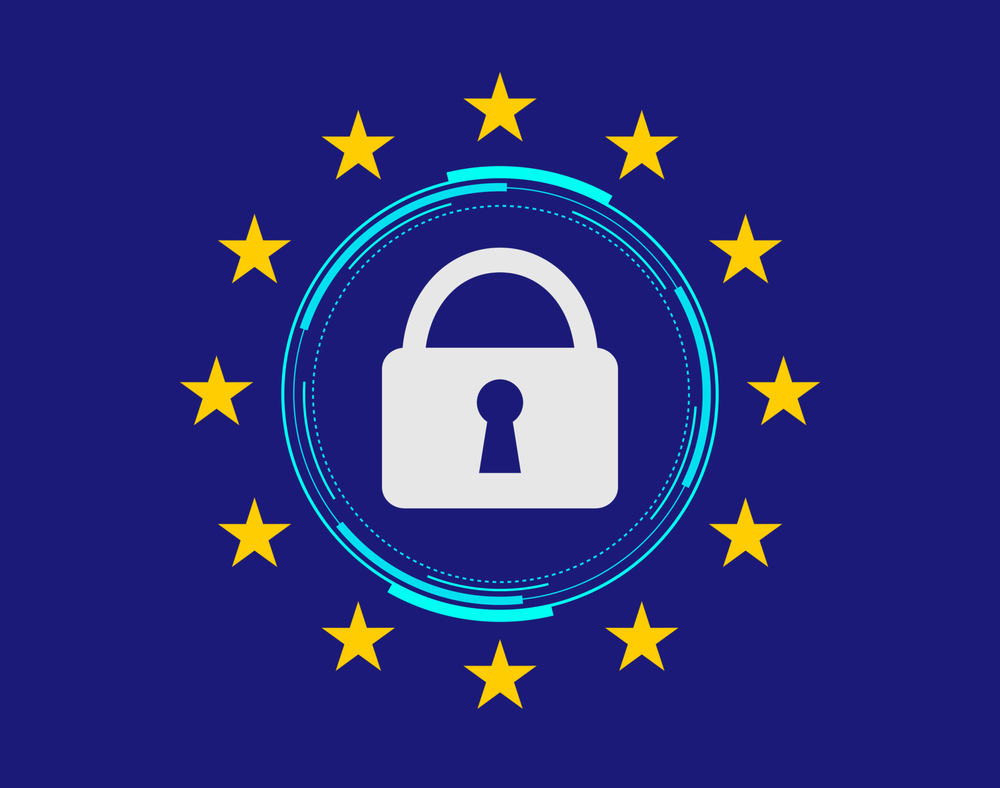
80 percent believe cybersecurity skills will be vital in AI environments
A new report shows 45 percent of cybersecurity teams are already using AI tools, and 80 percent of professionals believe cybersecurity expertise will be even more critical in an AI-driven environment.
The research from ISC2 surveyed almost 16,000 cybersecurity professionals and decision makers worldwide and finds that 74 percent of respondents say the threat landscape is the most challenging they have experienced in the last five years, and job satisfaction has fallen from 74 percent in 2022 to 66 percent in 2024.

Enterprises increase use of Apple products driven by security and user preference
A new report from Apple endpoint management specialist Kandji shows that 73 percent of organizations report that their number of Apple products has increased over the last year, driven primarily by employee preference (76 percent), security (50 percent), and reliability (43 percent).
Commissioned by Kandji and conducted by Dimensional Research, the global survey gathered insights from more than 300 IT professionals with responsibility for the management and delivery of Apple products to employees at a company with more than 1,000 employees and more than 500 end-user devices.

70 percent of DevSecOps professionals can't identify AI source code origins
Almost 70 percent of DevSecOps professionals can't detect AI source code origins, creating massive security risks, according to a new report.
The study from JFrog finds the majority of software developers and cybersecurity teams are lacking well-defined AI and Machine Learning (ML) source code usage visibility, provenance, and governance, leaving many organizations at risk.

Automated bot attacks surge ahead of US election
Automated bot attacks targeting social media platforms have surged in the lead-up to the US presidential election, with the sector accounting for 28 percent of all attacks in Q3, up from just three percent in Q1.
The latest identity fraud report from AU10TIX shows an increasing industrialization of identity fraud, with bad actors launching automated mega-attacks using thousands of false identities targeting payments, crypto and social media companies all over the world.

Identity system modernization held back by 'technical debt'
Modernizing identity systems is proving difficult for organizations due to two key challenges, decades of accumulated identity and access management (IAM) technical debt and the complexity of managing access across multiple identity providers (IDPs).
A new report from Strata Identity and the Cloud Security Alliance (CSA) finds incompatibility with non-standard, legacy applications is a barrier to deploying advanced application authentication for 71 percent of respondents, further highlighting the issue of technical debt with 54 percent of respondents citing it as their top hurdle when modernizing their IAM architecture.

Unnecessary replacement of hardware leads to higher costs and growing waste problem
More than three quarters (77 percent) of IT decision makers say that their organization has a fixed time frame for replacing hardware. 14 percent replace every year, 30 percent every two years and 33 percent every three years.
A survey of 400 US and UK decision makers from Scalable Software suggests this leads to unnecessary upgrades and increased costs and can also have a negative environmental impact.

How AI is set to democratize information [Q&A]
One of the features of AI is its ability to process large volumes of data to identify patterns and make information more accessible.
We spoke to Igor Jablokov, CEO and founder of Pryon, about how enterprises can take advantage of this ability and make better use of their data.

New solution for safe enterprise AI deployment
GenAI is set to drive significant productivity gains, leading to massive economic growth, but enterprises face the challenge of deploying GenAI systems at scale and safely connecting to data systems while ensuring proper controls and governance.
To address this Securiti is releasing Gencore AI, a first of its kind holistic solution to easily and quickly build safe, enterprise-grade GenAI systems, copilots and AI agents.

Data governance needs to be made ready for AI
Improving data quality (42 percent), security (40 percent), and analytics (40 percent) remain top data governance drivers, but in 2024 ensuring data readiness and quality for AI (34 percent) has made the list as the fourth most cited driver of data governance programs.
A report from Quest Software and ESG (Enterprise Strategy Group) also shows organizations report evolving data and governance to an AI-ready state (33 percent) as a top three bottleneck impacting the data value chain, behind understanding the quality of source data (38 percent) and tied with finding, identifying and harvesting data assets (33 percent).

Enterprises vulnerable to look-alike domains
According to a new report, 80 percent of registered web domains that resemble a Global 2000 brand do not actually belong to that brand.
The report from enterprise-class domain registrar CSC shows that of the homoglyph (look-alike fake) domains owned by third parties other than the Global 2000 brand owners, 42 percent have MX records (email exchange records) compared with 40 percent in 2023. These MX records can be used to send phishing emails or to intercept email.

Compliance with NIS2 comes at a cost
With the EU's NIS2 directive now starting to roll out, aiming to achieve a high level of cybersecurity across member states, a new survey commissioned by Veeam shows the significant impact implementation is having on businesses.
The study, carried out by Censuswide, reveals that while 68 percent of companies report receiving the necessary additional budget for NIS2 compliance, 20 percent identify budget as being a significant barrier to achieving compliance.

Shoppers willing to hand over personal data to get a holiday bargain
A new survey from Norton shows that 60 percent of UK holiday shoppers say they are swayed by good holiday deals and nearly two-thirds (61 percent) give away their personal information to receive a discount when shopping.
The study reveals that 70 percent of Brits have tried to secure discount codes, through means like signing up to a website's mailing list or answering a survey. 61 percent of those who tried to secure discounts admit to divulging their personal information to do so.

Gen AI adoption increases across key business functions
A new study reveals that 72 percent of business leaders report using Gen AI at least once a week, up from 37 percent in 2023.
The report by The Wharton School of the University of Pennsylvania, in collaboration with GBK Collective, shows a dramatic rise in generative AI adoption across key business functions, as enterprises move from cautious exploration to rapid integration.

Will AI transform how we secure APIs? [Q&A]
Digital services, including Generative AI, rely heavily upon Application Programming Interfaces (APIs) to access and relay data. But securing these conduits can be difficult so is this a problem that AI could help solve?
We spoke to James Sherlow, systems engineering director, EMEA, at Cequence Security, to find out how Generative AI might be used to address API security.

New solution helps prevent account takeovers
Account takeover attacks have increased 24 percent in the second quarter of 2024 compared to the same period last year, according to AI-powered anti-fraud platform Sift.
Account takeovers accounted for losses of almost $13 billion in 2023. To combat the problem Sift’s latest quarterly product update feature an enhanced solution to protect businesses from ATO fraud throughout the entire consumer journey.

